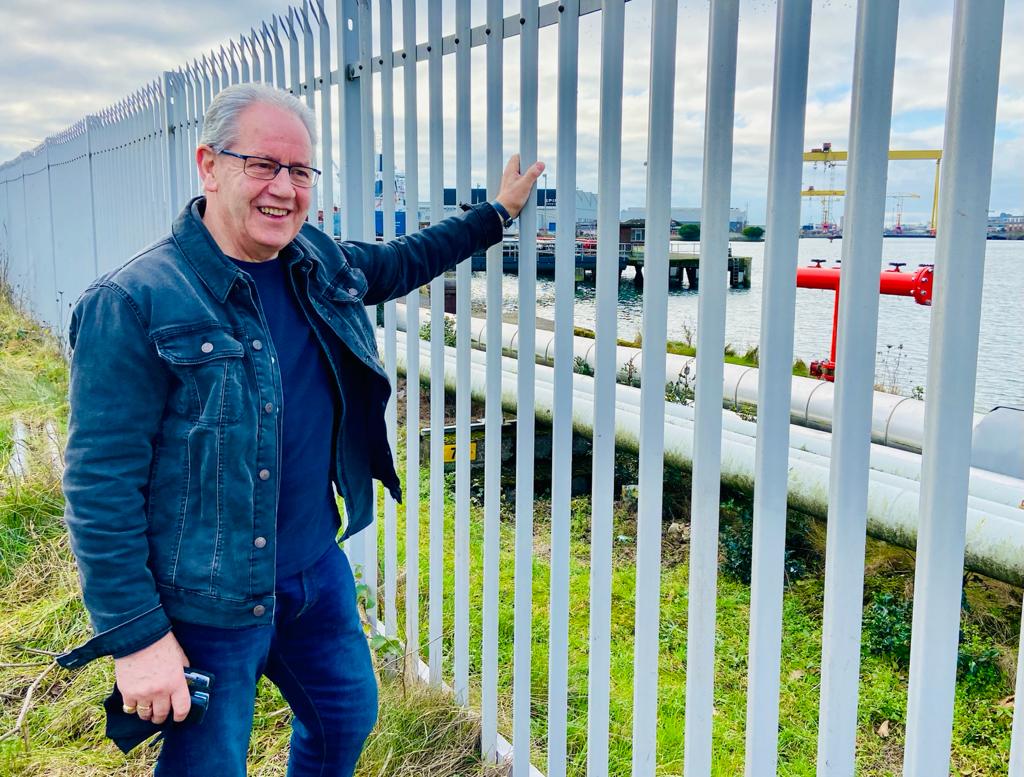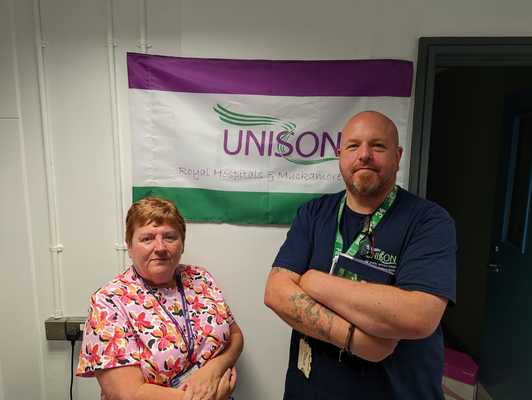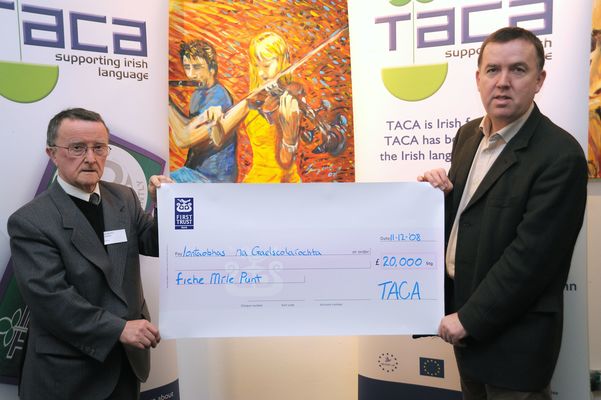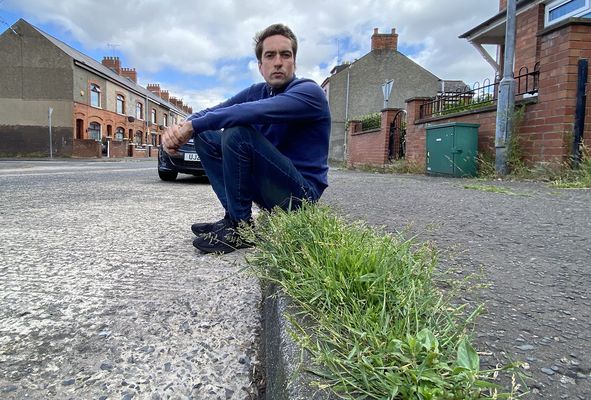THIS week marked 50 years since seven republican prisoners escaped from the military prison ship, HMS Maidstone, and swam to freedom.
Martin Taylor, one of the escapees later dubbed 'The Magnificent Seven', met with the Andersonstown News on a bright but crisp Friday morning, just yards from where the ship was once moored in Belfast Lough.
The giant silos of the nearby oil depots offer little shelter from the wind that whips the harbour. One of our party remarks that "it's freezing". Martin assures him that the night of the escape, with the sleet lashing down, was considerably colder.
Asked if he would swim in the icy waters of the docks again, he insists that the plunge is one of those things in life that is only done "if necessary". As a republican prisoner, he says, "it was necessary". Faced with a lengthy period of incarceration, the priority for republican prisoners is to escape from captivity, he adds.
The introduction of internment in 1971 meant that both Crumlin Road Gaol and Long Kesh were unable to cope with the sheer volume of people, almost all Nationalists, who were imprisoned as a result. HMS Maidstone, a former war ship, was repurposed into a prison, where Martin Taylor found himself incarcerated in December that year.
The plan to escape the ship was a daring one. Camouflaged in boot polish and insulated from the cold waters using butter (or perhaps margarine), Martin and his comrades were to saw through a steel bar in the ship's porthole, and climb down a rope into the piercingly cold water. They would then swim to the other side of the harbour where the IRA would be waiting to whisk them to freedom. But things did not turn out that way.
The escape, which was largely masterminded by E Company of First Battalion the IRA's Belfast Brigade and Cumann na mBán, was initially to involve four prisoners – Martin Taylor, Tucker Kane, Tommy Gorman, and Peter Rogers. However, when it was discovered that Jim Bryson and Tommy Tolan from the Ballymurphy were also planning an escape, they decided to combine their efforts.
Their plans were hatched just a few months after nine prisoners escaped from Crumlin Road Gaol when rope ladders were thrown over the wall. That escape, which was again engineered by E Company and Cumann na mBán, saw Belfast man Seán Convery fight off the screws to ensure others got away. When he was later transferred to the Maidstone, it was decided it was "only fitting" that he also break free.
The problem, as Martin recalls, is that Seán "wasn't a strong swimmer".
"Everybody was told that if you get into trouble (in the water) you're on your own," he says.
"Seán agreed and said 'I'll get across'."
A week or two in advance of the escape, the Magnificent Seven acclimatised for their gruelling swim by taking ice cold showers. Hacksaws were smuggled into the prison, and used to saw most of the way through the bar on the porthole where the men would make their exit. On the night of 17 January, it was just a matter of finishing the job.
The escapees estimated that it would take around "25 minutes to a half an hour" to swim to the other side of the docks, where they were to rendezvous with the IRA. A delay in the nightly prison headcount meant that crucial meeting never took place.
"It turned out one of the lads was in the toilet, sitting reading," Martin explained.
"That put the headcount back maybe a half an hour or more. The screws had to do a recount.
"We needed everything to be running as clockwork and it just didn't happen."
When things finally settled the men made their way out the porthole. Covered in black polish and butter, and wearing only their underwear and socks on their hands, one-by-one they slid down the ship's gang rope, which just barely brought them over the surrounding ring of barbed wire and into the water.
"Everybody was cut by the barbed wire," Martin recalls. "Once you get in you see the pier that you're heading for – it's literally like a speck in the distance."
As well as the cold, there was the ever present fear of being nipped by the seals that frequented the area or, worse, caught by the Royal Marines who patrolled the harbour.
"You were to swim breast stroke, so that you weren't splashing, but as most of us got across any form of swimming took over," Martin adds.
"You're exhausted. It was freezing, and I know that I was only too glad to do the front crawl when I got close."
Difficulties notwithstanding, the men made it to the other side. Their getaway drivers, fearing the operation had been cancelled, had long-dispersed. Making their way to a nearby carpark, the seven men broke into a car and took whatever provisions they could.
"One of the lads took an umbrella, I wrapped one of the seat covers round me and the other lads did the same to keep themselves warm," he says.
They ran in single formation to a bus terminus on Queen's Road, where Tommy Gorman managed to get a coat by telling staff he had fallen into the water.
Later, a scuffle with a bus driver ensued and the men boarded a double-decker bus. Peter Rogers, who was previously a bus driver, managed to get things moving and sped down the road towards the RUC's Harbour Police checkpoint.
"I was standing beside Peter, and I said 'if they put that barrier across go through it – don't be stopping'. I wouldn't have had to tell Peter that anyway," Martin states.
"Just as we were approaching they (the RUC) were running out and starting to close the gates on us.
"We went through and they immediately pulled in behind us and followed us. By this time the British Army were notified and they were on their way as well."
Having put a bit of distance between themselves and the RUC, the Magnificent Seven drove to the Market area where they entered a local bar.
The people of the Market, staunchly republican, gave the Martin and his comrades "coats and keys to a car".
From there, they made it to a safe house in Riverdale and eventually across the border to freedom.








